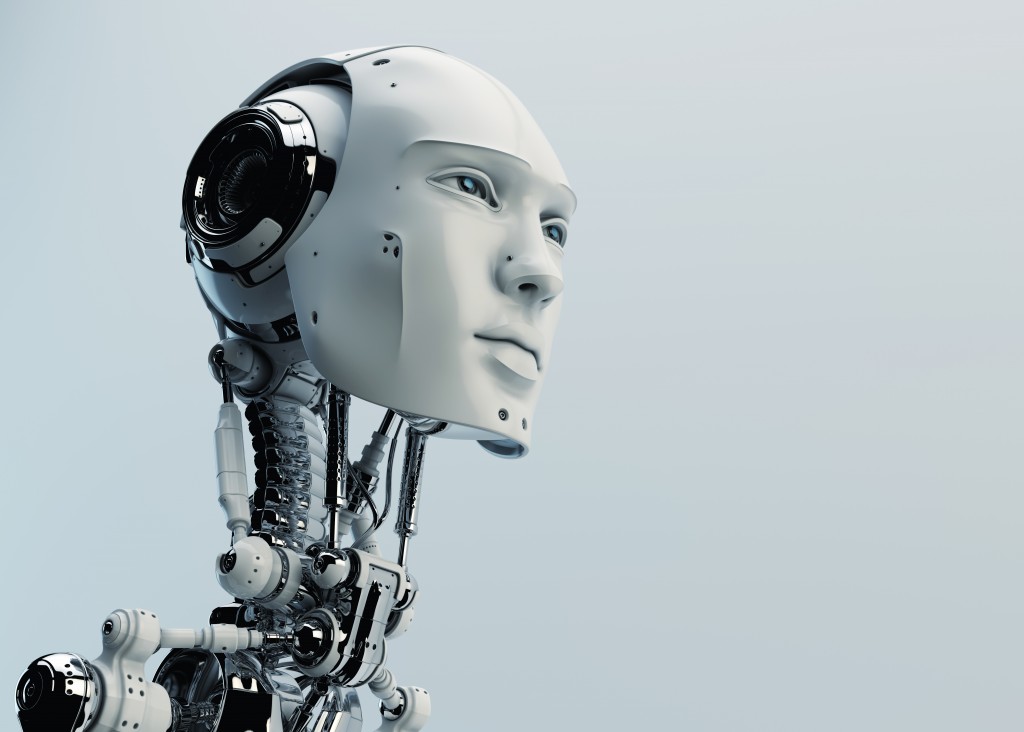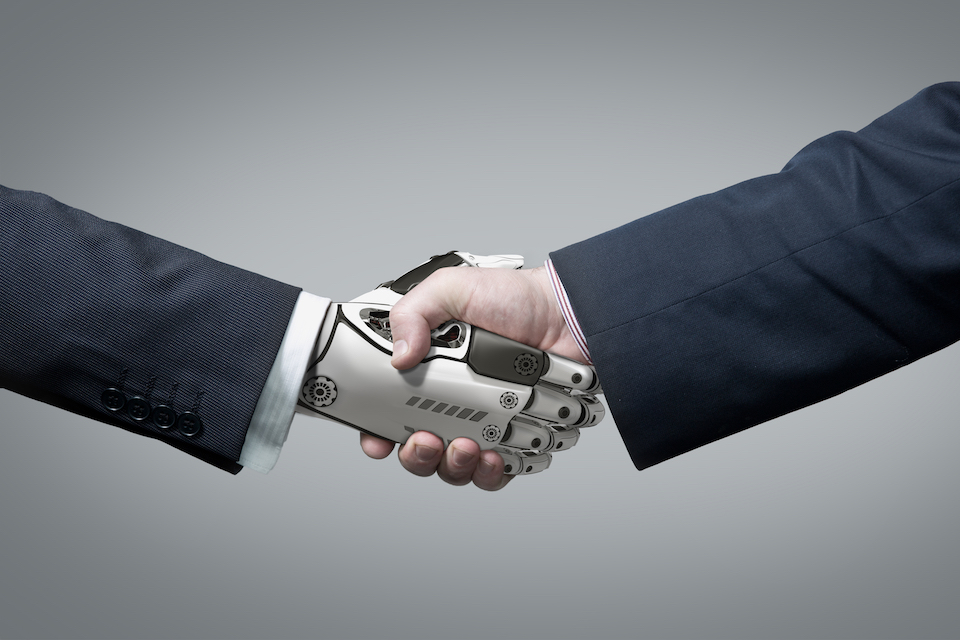We have seen the slow rise of computers and robotics and how they have changed our lives. Technology has made machines work for us, entertain us, and even face dangers humans would not survive. So it is normal for many people to both fear and love robotics and automation. Many people think that the current speed and progression will soon have robots taking over our jobs and making humans obsolete. Some fear that artificial intelligence (AI) will take over human civilization if left unchecked. But that is all science fiction.
Although it might seem that robots and automation will soon take over everyone’s job, it is more likely that people will start working with robots. AI has made it possible for machines to learn, and the development of PCB assemblies have made sensors and actuators significant in robotics and automation.
Exploring Space and the Universe
Although manned spaceships have gone to space and even the moon, it is still improbable to send human beings farther out with only our current technology. But the National Aeronautics and Space Administration (NASA) and the European Space Agency (ESA) are using robots to explore our nearest planetary neighbors.
There have been four Mars rovers: Sojourner, Opportunity, Spirit, and Curiosity. All were successful, taking photographs and traveling across the martian landscape. They were able to provide additional information about the surface and weather of the planet, and whether it was feasible for human exploration. ESA is planning to launch its own martian space rover Sherpa in 2020. The robot responds quickly to commands and can navigate rough areas faster than the previous rovers.
Robotics has also made it possible for humanity to visit the other planets in our solar system. The Cassini-Huygens space mission was launched in 1997, entered Saturn’s orbit in 2004, and spent 13 years taking photographs of the planet’s rings, satellites, and polar regions. Another space probe that went to Pluto was New Horizons. It gave scientists a better understanding and a clearer view of the minor planet.
Improving Lives

Robots have also been key in improving the lives of disabled individuals, especially those who have lost their legs or arms. Neuroengineering and robotics have combined to allow amputees to control prosthetic hands and feet. Robotic hands are more of a challenge. Reaction and maintaining a tight grasp require pressure sensors and actuators that can respond in milliseconds.
Scientists and researchers hope that the future of robotic limbs leads to bionic prosthetics that use brain-to-machine interface. This would improve reaction time and the effectivity of the devices in daily life.
But even with these developments, we don’t have to fear machines rising against humanity. Robotics and engineering are changing lives and our understanding of the universe, but there is still a lot to go. Scientists and engineers are still exploring other ways to use nanotechnology to make precise health diagnoses, compact machines, and even an independent AI machine. The future of robotics holds a lot of promise, and humanity is on the right track.

